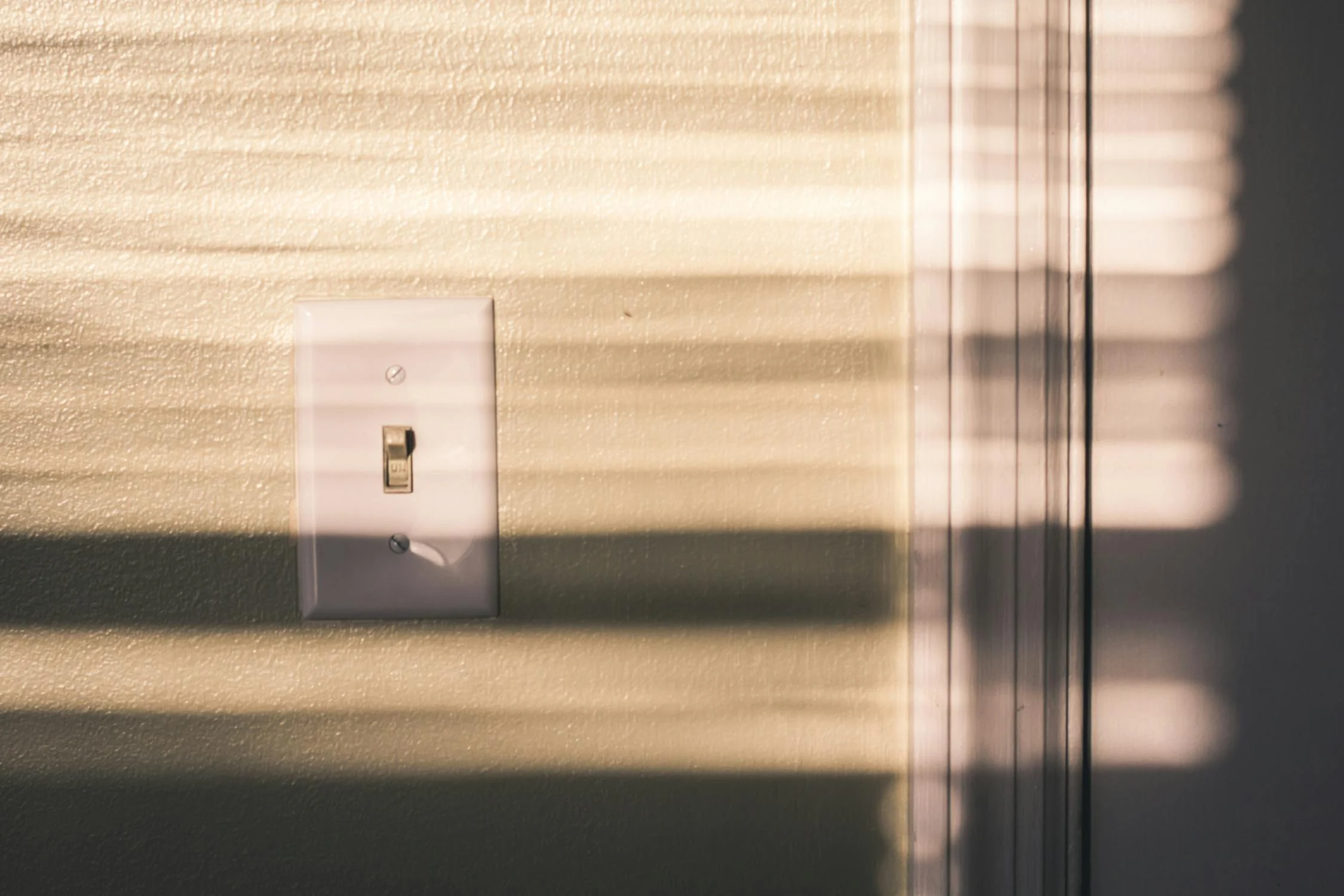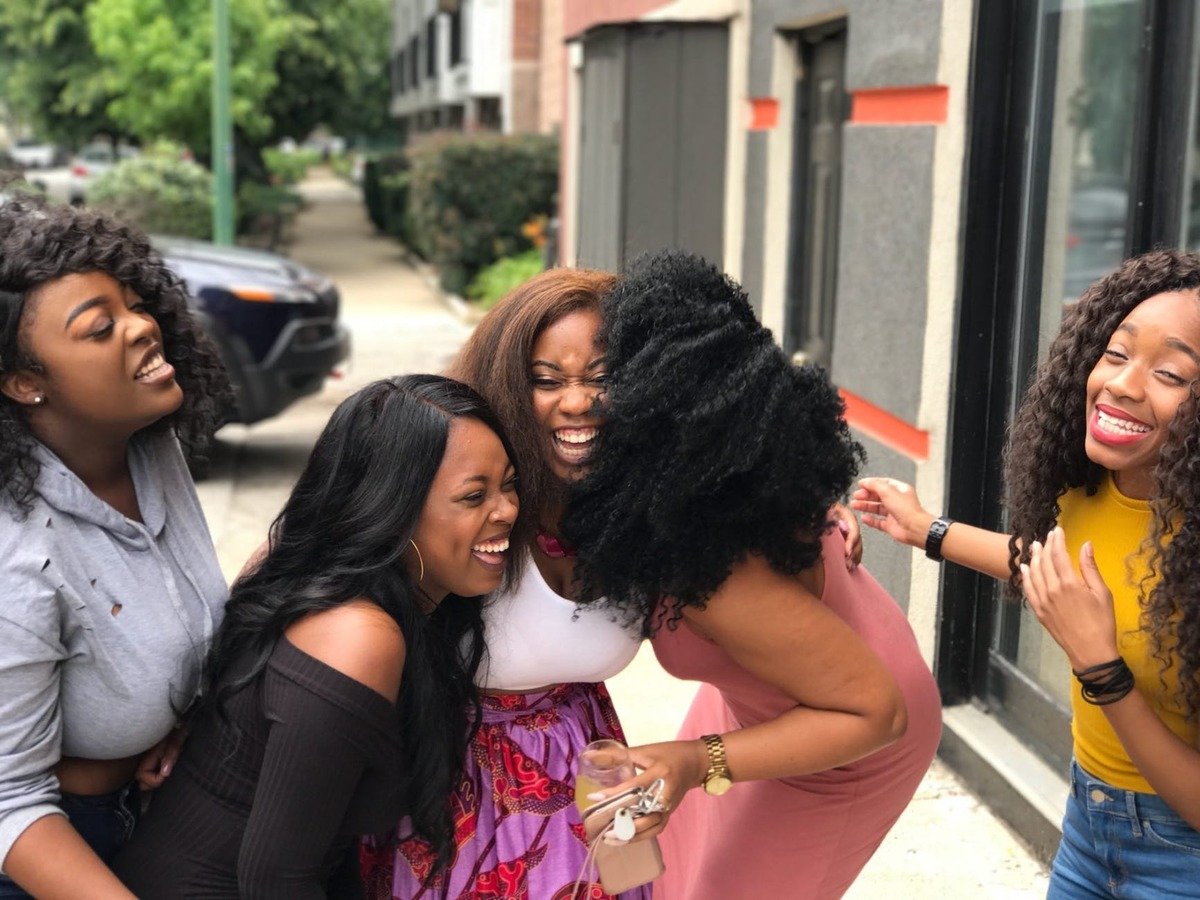Written in 2021
I’ve spent seven years being openly polyamorous. I’ve spent seven years writing about it, talking about it, learning about it, loving it and hating it. I’ve learnt, following my marriage and subsequent divorce, to ‘never say never’. But I really never expected to be sitting here typing these five words: I want to be monogamous.
What’s going on? Well, let’s start by reminding ourselves of a few things:
Choices are not fixed.
Needs are fluid.
Life situations and circumstances change.
Everything changes.
Choosing monogamy is not, has never been, a BAD idea. What is worth questioning, however, is defaulting to it unconsciously.
Do I feel like a ‘failure’, a ‘traitor’, a ‘fraud’, a ‘flake’ for even considering monogamy? Maybe. Until, that is, I remember that this was exactly how I felt when I wanted to make changes to my seven-year-old marriage.
To be fair, I’ve never been a polyamory advocate; I’ve been an advocate for conscious relationships. By which I mean relationships with the self and others that centre choice, consent and communication as well as taking the time to learn how to do these things. Conscious relationships tend to be developed best in slow, patient, kind, values-based ways. See my TEDx talk on values based relating here.
It felt like a painful shift all the same. I had questions. I couldn’t sleep. I left a very good friend a voice note saying, ‘This is such a big deal.’ I listened to it over again. And, on listening for the third time, I suddenly thought: actually, no, it’s not, this is just what I need right now. The relief of giving myself that permission made me cry.
Still, for some reason, unwilling to listen to my gut, I did what I always do when in this type of situation. I read and read and read some more.
I’ve written before about conscious monogamy so I revisited that as well as a few other pieces online (see below). There’s actually very little out there about this. The binary tends to get reinforced. Pick your side, goes the dominant narrative: mono or non. But we know, as Alex Iantaffi and Meg-John Barker showed us, that life isn’t binary. In truth, seeing so much rigidity in the space actually encouraged me to decide that I can, of course, say a heartfelt – and conscious – ‘fuck you’ to the ‘one true way’ people on both sides, and switch lanes. This brought me to the concept of ambiamory. This is the ability to be happy/content whatever the nature of your relationship. It is, I realised, about choosing which set of questions you want to be answering and being curious about what comes up within the container you’ve created.
The Relationship Anarchy Manifesto informed so much of my route to polyamory. When I read it again with this new question in mind, I saw how I’m making a choice to be monogamous with all those tenets very much in place. Not prioritising romantic relationships over friends? Yep. Crafting commitments? Yep. Core set of values? Yep. Seeing trust as the baseline? Yep. Not being dictated to by dominant narratives in culture? Yep. Communicating clearly and often? Yes. Prepare for the beautiful unexpected. This, so much this.
I recalled Rumi’s ‘The Guest House’. I saw the train station in Brief Encounter. If there are beautiful, sparkling opportunities or moments then they need to be seen, heard and considered. They may not need acting on, but I would never hesitate to ask to do so, nor would I consider it a problem if my partner asked to act upon the same. This is what conscious monogamy does. It acknowledges that sometimes sparks fly, and that sometimes you might want to act on those and also that you can NOT. And that both are more than okay.
This is a world apart from default monogamy, or unconscious monogamy as I’ve called it before, which tends to refuse to acknowledge these experiences and feelings and/or minimises the impact they can have if they are ignored, or are acted on in secrecy and with shame.
But what would this change mean? I wondered. Does it mean failure? Does it mean retreat? Is one thing ‘better’ than the other? No. None of this. It’s just making a different choice. It’s just change.
In co-creating a container that we choose in the now, my partner and I considered: what do we want? What do we need? How do we see this going? But also, I (and we) remain open to change. If feelings and needs change in a way that cannot be accommodated, then, we agreed, that’s okay. The reason we are here, doing this work, having this conversation, is because we’re paying attention to that which is calling to us. Life is always in the right.
I also (now) know, after all that reading, that I’m not alone in occupying this nuanced space in between monogamy and non. I always knew that one could move between frameworks, I just didn’t know that that movement had a name. This quote from Poly Land’s piece on post-poly exile really hit hard:
‘I wasn’t exactly monogamous. And I wasn’t exactly polyamorous.
I felt different, from both polyamorous and monogamous people.
I had fallen into a state of post-polyamory exile.
Am I lost? I wondered.
No, you’re not. You know where you’re going.
But there are no longer any words for where you are.’
In a similar vein to Poly Land, my partner and I have discussed that we can be ‘open again in one conversation’. Polyamory and non-monogamy is still there. It’s still more than possible. We’re just choosing not to choose it right now.
Questions you might ask of yourself/others (because I’ve asked them of myself) include:
Am I just avoiding the emotional work?
Maybe. Or maybe it’s just about giving ourselves permission to put our energy into something else, whether that be BDSM, a D/s dynamic, friends, work, studying, family. Not that this isn’t possible within non-monogamy, but time and energy are finite even if love definitely isn’t.
Did I make a mistake being polyamorous?
For myself, I know that I made choices based on what I needed at the time, and I did the work needed to make those choices function with the skills I had at the time. Could I have done better? Yes. Did I try and do my best? Also yes. I’m sure the same goes for you.
If I ‘change back’ and choose monogamy and not polyamory or non-monogamy, is that regression or growth?
My instinct tells me the latter. But that’s a judgement free statement. Growth does not mean ‘better’. My instinct tells me to trust myself, you to trust yourself. What is your own wisdom whispering to you? If it’s poly-aware, conscious monogamy, if the lessons learned stay with you and you don’t default to taking people for granted and not communicating, then it’s growth. I’m choosing a monogamy with all the bells and whistles of communication, consent and receptiveness to change that are a feature of the best non-monogamous relationships.
Will I lose the support of my community if I make this choice?
I created Alethya with Andrea over five years ago as a non-monogamous space and it quickly evolved into the concept of conscious, values-based relating. I do know much polyamory and non-monogamy community that is welcoming, clear-sighted and wonderful. I also know of some that can be rigid, judgemental and, at best, unhelpful. I hope that you’re in connection with community that accepts and respects you for who and where you are right now and that doesn’t judge and shame your choices. No one choice with regards to relationships is better than another: they just give us different questions to consider. We have to have that respect and freedom, those values of honesty, respect and kindness as well as authenticity, as a baseline in our communities as well as our inter-personal connections.
How might a change to conscious monogamy change my behaviour in the world?
For me, I see an opportunity to really speak my No in a kind and honest way. To acknowledge possible attraction and desire and then to sit with them. I can learn some self-awareness and some deeper knowledge of what I truly want and need from connections in my life. It is an opportunity for some space to sit still, and to see what that might teach me.
As a tactile person, hugs are a big part of how I express my affection for my close people and so that will continue. Verbally acknowledging attraction will continue and maybe even improve as a skill.
Your own agreements around what conscious monogamy looks like, what behaviors it does and doesn’t allow are for you and your partner to decide upon. They might include having friends of all genders, they might include hugging, kissing, cuddling. They might not. It might even include partnered exploration. There are no rules, even here. You get to create this relationship for you and them. The rigidity can be released and we can soften the lines and see what that feels like. These skills of honesty, negotiation, consent and agreement as well as the ability to keep having these types of conversations, to hold the nuances and be okay with any in-between spaces as well as possible change, are all vital whatever framework you’re operating within.
What strikes me most is that I feel excited. I feel excited to shift things, to create some different loci for my energy and attention. It feels as exciting as choosing non-monogamy/polyamory was. It feels just as thrilling, just as delicious, just as wonderful and new – because I’m choosing it. It feels like an adventure.
This idea of conscious, co-created and agreed, poly-aware monogamy might be right for you if:
Openness is your mindset even if it’s not your relating style.
You have shared values and goals.
You are change-centred and growth-oriented.
You have a wide network of emotionally available friends.
Communication in your relationship is already pretty consistent, attachment- and trauma-aware and ongoing, not only brought out for emergencies or even if you still have some (or a lot) of work to do to get to here (*holds up own hand*).
For me, right now, the container of being functionally monogamous allows me to dig deep into a new set of experiences with regards BDSM, with my partner as a unique and interesting person and the new things we can share and do together as well as my own solo, fantasy sex-life. It also frees me up to put any spare energy into my work, my studies, my emotionally very close friendships and my family, as well as my hobbies. It’s not that I couldn’t do these things and still remain open. It’s just that, right now, these are the things that are most important to me, and I’m curious to see what focusing solely on them brings up for me in terms of experience and self-growth.
So. I’m choosing monogamy for the first time. Consciously. And for now. I can’t predict what will happen in the future. I just know that this wonderful form of conscious, bespoke-to-us monogamy is right for me right now. And that I remain open to that changing. I am, to paraphrase Whitman, loos’d of imagined limits or lines. I’m not bound by past choices. I’ve chosen to let life be in the right, and that feels pretty damn amazing.
Suggested further reading
https://poly.land/2017/02/13/post-poly-exile/
https://poly.land/2019/01/23/monogamy-after-polyamory-when-you-cant-go-home-again/
https://poly.land/2016/10/02/poly-aware-monogamy/
https://poly.land/2015/06/24/pair-of-white-cards/
https://www.washingtonpost.com/news/soloish/wp/2016/12/01/what-if-we-thought-of-monogamy-as-a-spectrum/
https://poly.land/2018/07/10/the-reasons-why-5-ambiamorous-people-chose-functional-monogamy/


















